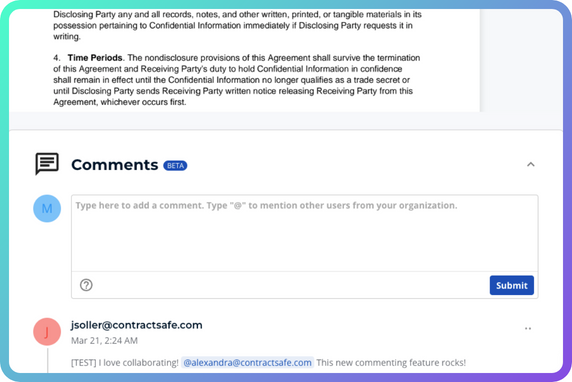What is a Contract Audit?
A contract audit is an examination and assessment of performance or information, designed to verify that one or more parties to a contract have complied with requirements or standards set forth in the contract. Unlike audits that are required by law, these audits are conducted pursuant to the parties’ agreement, as set forth in the terms of the contract.
Contract audits can be used as an effective tool to control costs and promote quality. For example, when costs are an element of the amount paid under a contract, the parties may agree to audits of relevant financial records. To help ensure quality, an audit provision could call for an audit of the quality of parts or services. Audits can also be used to determine whether parties are meeting all of their contractual obligations. When negotiating contract audits, the parties generally must consider and address the following:
- Which items addressed by or included in the contract will be subject to audit – that is, what will be measured?
- What standard will apply?
- How will the evaluation be conducted (method)?
- What remedies will apply in the case of deviation from the standard?
Vendors and parties in construction contracts often agree to contract audits. Contract audits are also extremely common for those contracting with governmental entities. Over time, the federal government has come to rely more and more on the services of contractors. Recognizing its responsibility to protect taxpayer funds, the government relies upon contract audits to ensure compliance with contractual requirements and to protect against waste, mistake, and fraud. The government considers these provisions to be an important part of the procurement process.
Get Started with ContractSafe Today





